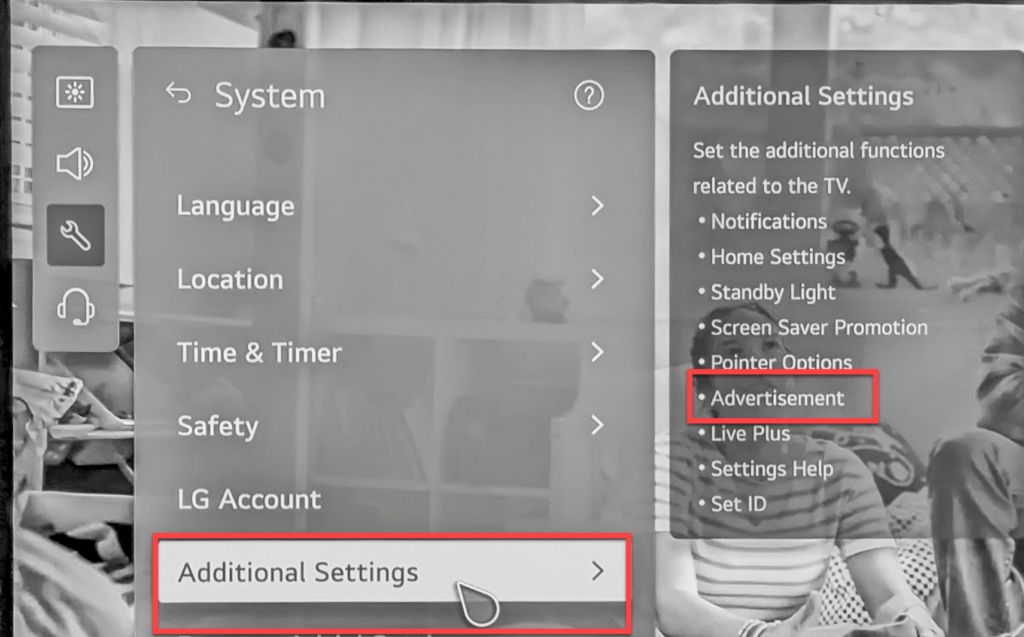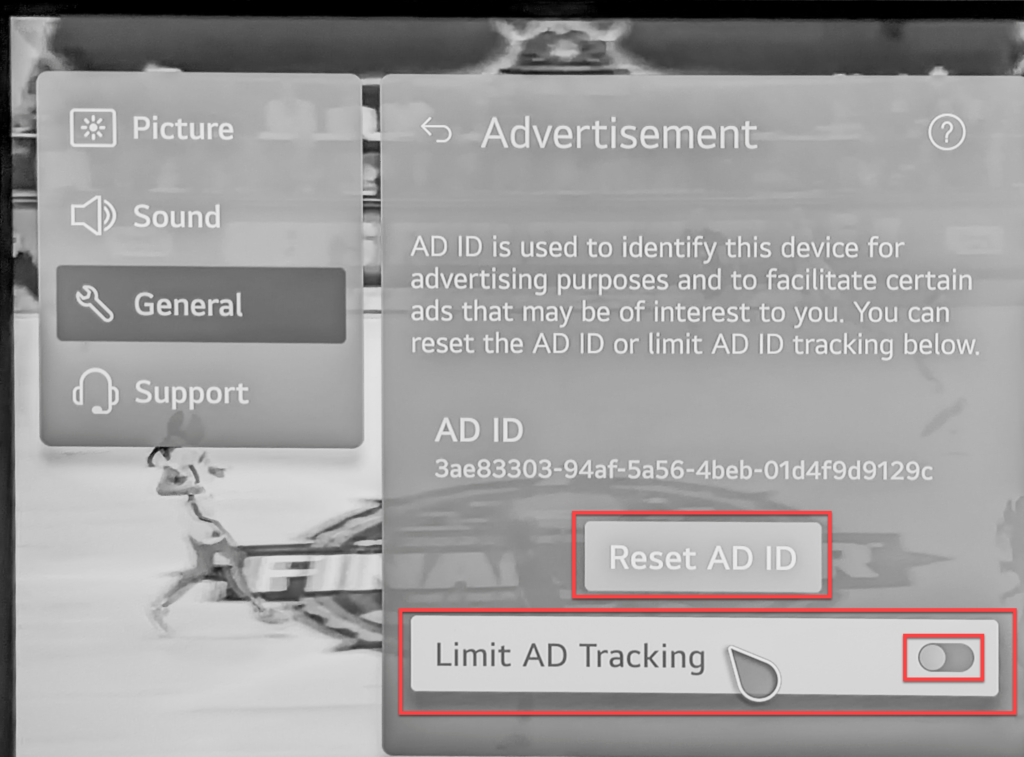You’re Under Surveillance

The New York Times last week ran an article headlined “Automakers are sharing consumers’ driving behavior with insurance companies.” I didn’t think much of it. Until I finished my weekly dose of the Times’s Hard Fork Podcast, which featured “Your Car is Snitching,” an interview with Kashmir Hill, the Times reporter who wrote the story.
Hard Fork hosts Kevin Roose, a Times tech reporter, and Casey Newton, who writes the Platformer newsletter, promised that “the more of this story you read, the higher your blood pressure goes.” They are correct.
Even as someone who has complained that the tech giants are making tons of money on my personal data, this story got me. I had no idea that automakers would collect and sell data on my driving behaviors.
It’s more than cars, too. Suffice it to say that data collection and sales without consumer permission or knowledge are ubiquitous in today’s connected economy.
My first reaction was, I’m glad I own a VW because they weren’t on the list, though that doesn’t mean VW isn’t selling my data. It would be difficult to tell because the disclosures are vague at best.
That’s one of the problems, and not just with cars. Kevin, Casey, and Kash broadened the story to all things connected to the internet. The surveillance capitalism model pioneered by Google, Yahoo, Meta, Amazon, and others who give you free tech in exchange for the ability to monetize your data, is spreading to all internet-connected companies.
Kevin noted that he bought a smart TV and, while shopping around, realized that the smart TVs, in some cases, cost less than nonconnected TVs. Smart TVs sell data, even though you wouldn’t know it, though you might figure it out if you read the legal fine print and made a few leaps of logic.
I expect Amazon to collect my data and present me with offers. It’s called personalization, and I like it. I expect it from Netflix, as annoying as it can be to see tons of stuff presented faster than I can stop it. I expect it from marketers of all types. I don’t expect it from my car or my new TV, which does, it turns out, collect my data.
I found out by following a path starting with the Set Up gear on the TV’s Home dashboard.
General to System to Additional Settings. That seemed promising.

Additional Settings to—there it is—Advertisement.

On Advertisement, you see that the default is to give you the benefit of advertisements tuned to your viewing preferences, aka, data collection. It’s already granted permission to collect, too.

I selected both options: Reset AD ID so that any tracking would take place under new ID, then clicked the Limit AD Tracking switch to turn it on (green).
To be fair, I have followed an opt-out email marketing model. It’s expected. People know how to opt-out. It’s easy. There are regulations for that sort of thing.
There are no explicit disclosure and permission regulations for cars and TVs and refrigerators and who knows what else, at least not in the U.S. If you’re online (or walking down the street with your mobile turned on for that matter), you’re under surveillance.
Resources
Footer
Who We Are
Canright Communications simplifies complex concepts—helping clients market and sell their ideas, innovations, products, and services.
